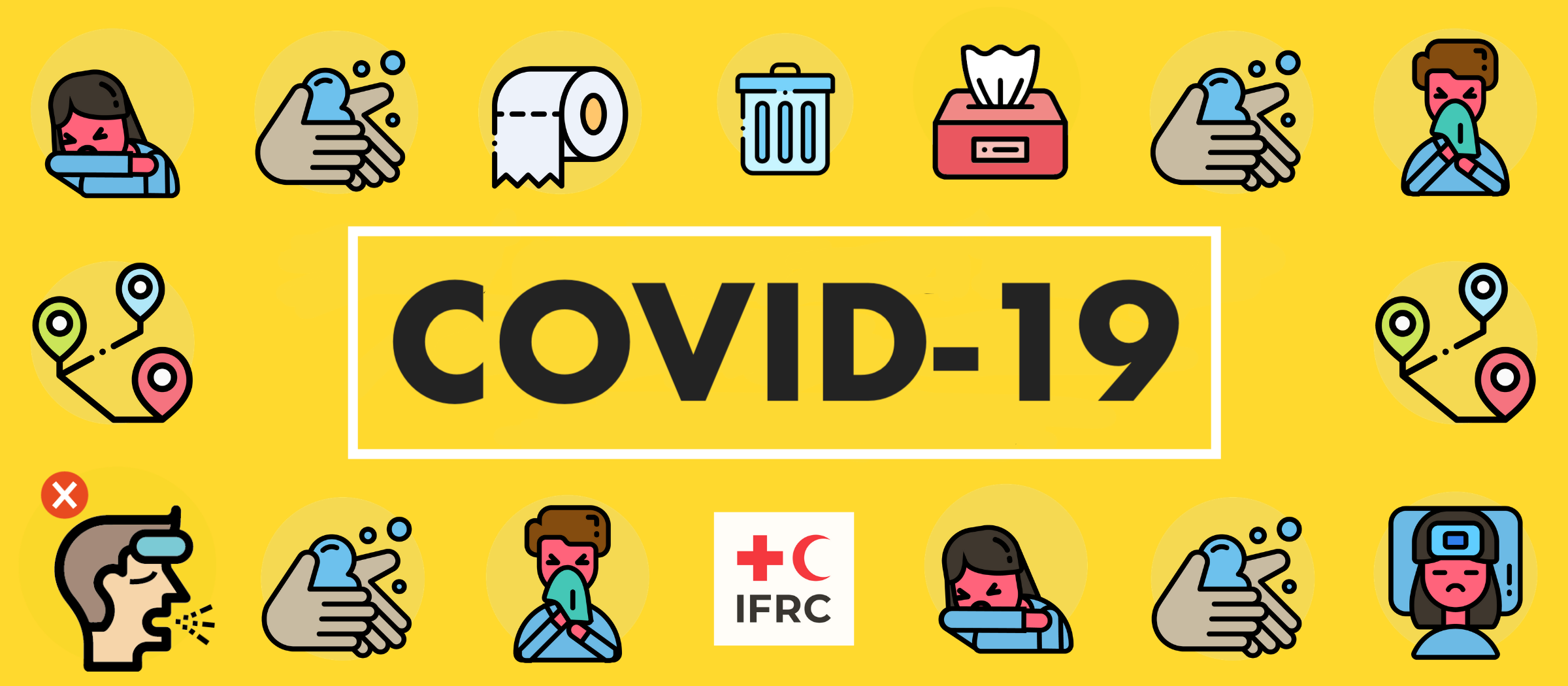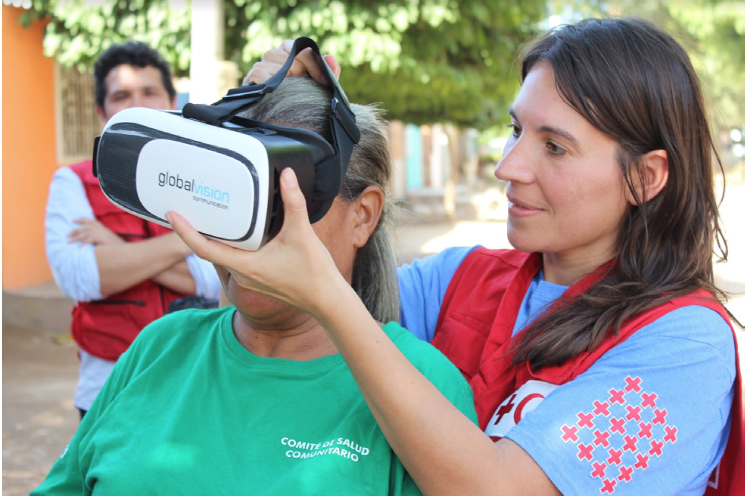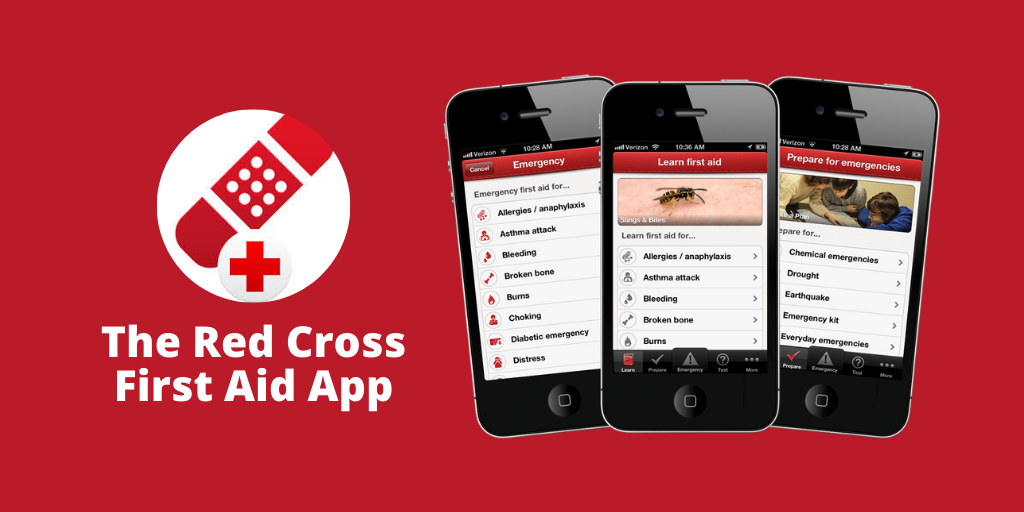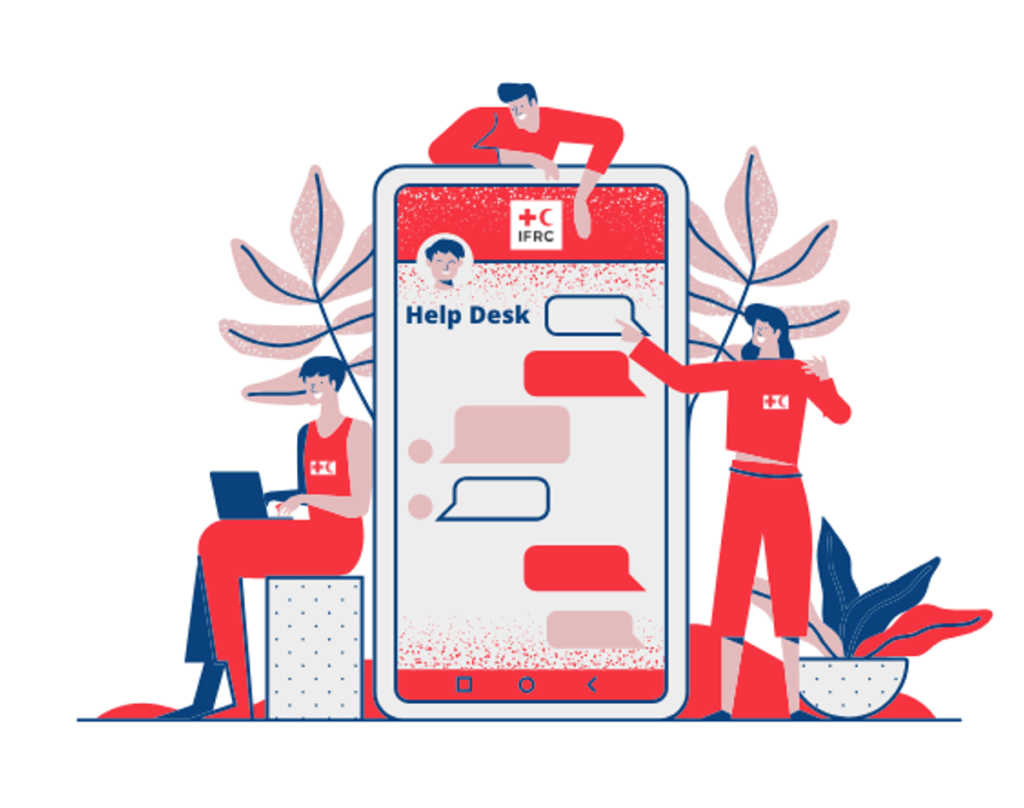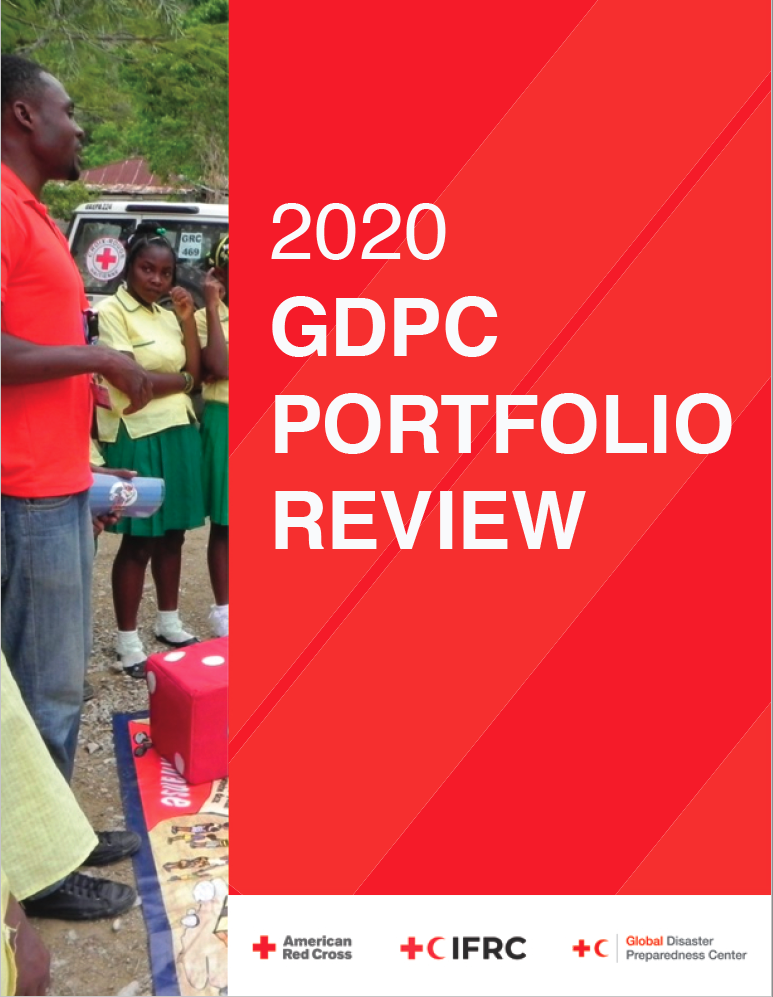Coordination and Networking
The GDPC capitalizes on its privileged position between the American Red Cross and the IFRC to share and disseminate experiences and innovations of the American Red Cross’s Domestic and International programs and of the broader RCRC network.
The GDPC also plays an essential coordination role with external partners on issues related to Disaster Preparedness, such as universities, research entities, international organizations, and technology companies.
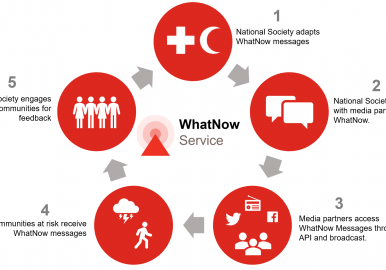
In 2018, the GDPC launched the WhatNow Service to increase the dissemination of RCRC actionable guidance on how community members can safely prepare for and respond to local hazards. National Societies are able to adapt IFRC’s public awareness and public education key messages for disaster risk reduction, ‘publish’ them on the WhatNow portal and form partnerships with media networks to ensure access to messages via an open API.
To date, 25 National Societies have published messages and the WhatNow portal and the WhatNow toolkits have been enhanced with features and guidance to facilitate increased engagement. In August 2020, Google started integrating WhatNow Messages within their SOS Alerts as ‘Safety Tips’ across Google Search, Google Maps, and Android’s Google apps. You can read this Google Product Update on Natural disaster safety tips: a Q&A with the American Red Cross (GDPC)
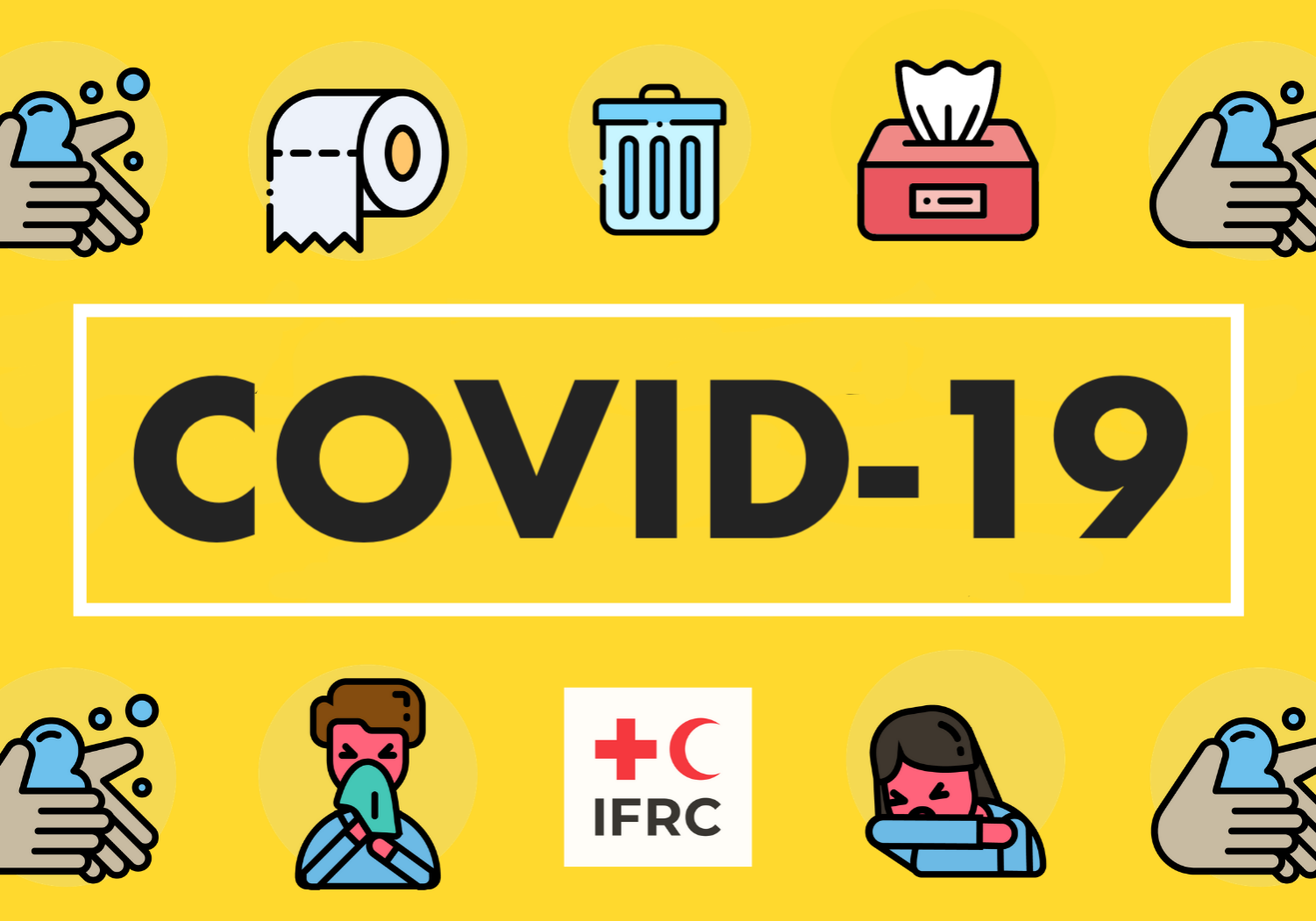
The GDPC and the IFRC developed a Red Cross Red Crescent Movement Resource Compendium that offers a comprehensive, dynamic and evolving list of documents positioned to support the Red Cross Red Crescent National Societies in response to the COVID-19 outbreak. The COVID-19 Compendium sites are the main repository managed by each unit on the IFRC headquarters and regional offices. The compendium includes:
- Helpdesks, guidance material, case studies, frequently asked questions (FAQs), templates, external publications.
- Information related to 16 topics (Health, Community Engagement & Accountability, Business Preparedness, Recovery, Logistics, and others)
- The resources are available in numerous languages.
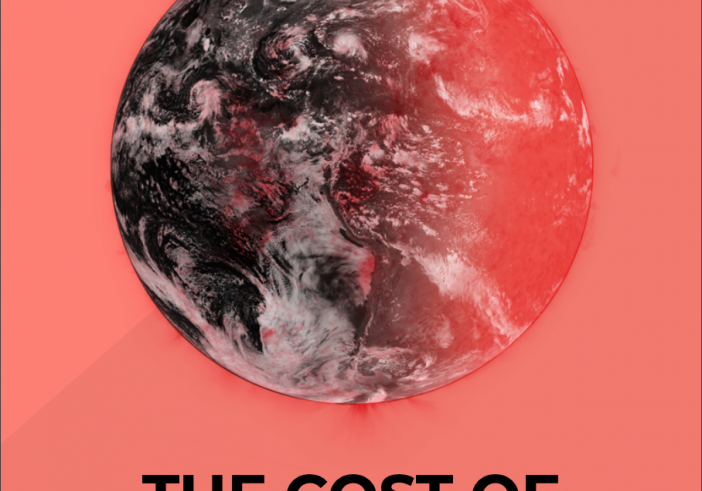
Research
We help build the global community for disaster preparedness, innovation, and learning.
Innovation and Technology
Knowledge Management
Preparecenter.org
Based on a strong belief in the power of knowledge, the GDPC’s efforts in knowledge management include the design and hosting of a website: preparecenter.org which serves as a primary tool for communication and collaboration and garnering audience engagement and feedback.
Through the website, the GDPC presents a living library of Disaster Preparedness tools and resources collected from the American Red Cross, National Societies, the IFRC, ICRC, and external organizations.
- Throughout 2019 and into 2020, the GDPC redesigned and rebuilt the entire site using WordPress, an open-source, easy-to-use suite of website development tools. The site provides information, resources, and guidance in multiple languages, including English, Spanish, French, and Arabic, the four official IFRC languages.
- This knowledge management function also provides a surge capacity for the Federation membership, as was illustrated during the early days of the COVID-19 pandemic. The GDPC hosted a compendium of COVID-19 resources for National Societies and two Help Desks for Health and Business Continuity Planning. Over 200 COVID-19 guidance documents were uploaded and made available to National Societies and the wider public on behalf of the Movement.
RCRC Research Mapping
As a member of the RCRC Research Consortium (RC3), the GDPC developed a mapping that aims to collect past and current research activities, studies, and academic papers that are supported by the members of the RC3 and captures some of the research activities which, when considered as a whole, would rival most universities, academic and research institutions.
The ultimate goal is to achieve a greater humanitarian impact based on an evidence-based culture with optimized resources.
To date, there are more than 300 projects included and over 50 contributors.
Portfolio Review
This portfolio review seeks to document the status of specific GDPC projects in 2020 as well as the GDPC’s involvement in different areas. Outlined are key initiatives the GDPC is engaged in, as well as more general areas of focus.
Under each section, a short overview of the status is provided followed by an analysis and recommended actions.

